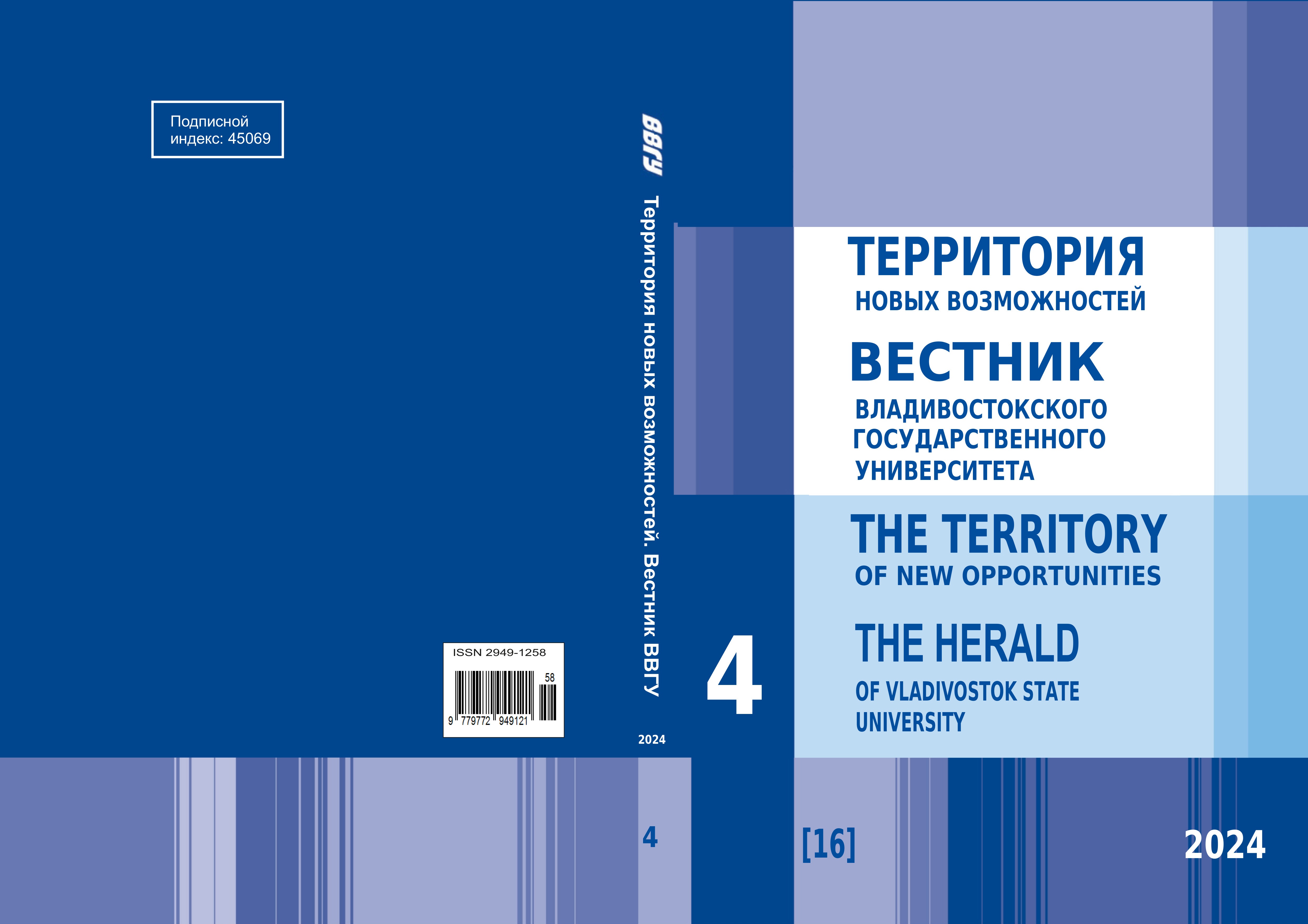The article deals with theoretical framework for developing a methodology aimed to enhance teacher intentionality in the process of advanced training. It argues for the relevance of studying pedagogical intentionality as a crucial aspect of a modern teacher's professionalism and describes seven theoretical approaches to designing a methodology. The activity-based approach highlights the significance of competence models in setting pedagogical goals and emphasizes the need for figurative modeling processes. The personal approach considers the teacher's attitude towards students as self-valuable developing individuals and suggests the use of interpretation, self-presentation, and reflection methods in educational activities. The phenomenological approach advocates for the use of intent analysis methods and pedagogical hermeneutics. The competence-based approach focuses on the productivity of teachers' educational activities in designing the methodology. The andragogical approach is implemented through project-based learning and modular technologies, which allow for individual learning trajectories to be observed. The environmental approach justifies the use of digital technologies in advanced training. Finally, the network approach emphasizes the importance of utilizing web applications for collaborative educational and pedagogical activities in the context of teacher training programs.
eacher, intentionality, orientation, professional development, development, methods
1. Dudko V.V., Chernyavskaya V.S. Pedagogical intentionality in the professional activity of a teacher. Siberian pedagogical journal. 2007; (13): 58–62. EDN: https://elibrary.ru/PUHDKT
2. Chernyavskaya V.S., Ekintsev V.I., Sviridenko E.I. Pedagogical intentionality as a component of the orientation of a modern teacher: theory and method. Scientific and methodological electronic journal "Concept". 2023; (9): 147–162. DOI: https://doi.org/10.24412/2304-120X-2023-11088; EDN: https://elibrary.ru/LZHQOP
3. Dudko V., Chernyavskaya V. Instruments of Corpus Linguistics in the Terminological Exercise “Intentional Learning”. 3rd Russian-Pacific Conference on Computer Technology and Applications (RPC). 2018: 1–6. DOI: https://doi.org/10.1109/RPC.2018.8482135; EDN: https://elibrary.ru/TAYUMF
4. Leontiev A.N. Lectures on General Psychology. Moscow: Smysl; 2000. 511 p.
5. Sartre J.-P. The Imaginary. Phenomenological Psychology of Imagination. St. Petersburg: Nauka; 2001. 320 p.
6. Shadrikov V.D. Psychology of Human Activity and Abilities. Moscow: Logos Publishing Corporation; 1996. 320 p.
7. Zimnyaya I.A. Pedagogical Psychology. Moscow: Logos Publishing Corporation; 2000. 384 p.
8. Lerner I.Ya. Philosophy of Didactics and Didactics as Philosophy. Moscow; 1995.
9. Sergeev N.K., Serikov V.V. The Nature of Pedagogical Activity and the Subjective World of the Teacher. Man and Education. 2012; (1): 4–8.
10. Leontiev A.N. Activity. Consciousness. Personality. Moscow: Politizdat; 1975. 304 p. EDN: https://elibrary.ru/ZJUELZ
11. Serikov V.V. Education and Personality. Theory and Practice of Designing Pedagogical Systems. Moscow: Logos Publishing Corporation; 1999. 272 p.
12. Aleksandrov E.P. Intentional Dialogue as a Factor in First-Year Students’ Adaptation to the University Educational Environment and Profession. Taganrog: NOU VPO TIUE; 2009. 280 p
13. Razeev D.N. Experience, Fantasy, Intentionality: The Relationship of Concepts in Husserl’s Phenomenology: Thinkers. Homo philosophans. Collection for the 60th Anniversary of Professor K.A. Sergeev. 2002; (12): 226–250.
14. Ushakova T.N. Speech. Origins and Principles of Development. Study Guide. Moscow; 2012. EDN: https://elibrary.ru/RAYXMX
15. Ushakova T.N., Tseptsov V.A., Alekseev K.I. Intent analysis of political texts. Psychological Journal. 1998; 19 (4): 98–109. EDN: https://elibrary.ru/SACOQT
16. Zakirova A.F. Fundamentals of pedagogical hermeneutics. Tyumen: Tyumen State University; 2011. 322 p. EDN: https://elibrary.ru/RAOVRP
17. Khutorskoy A.V. Competence-based approach to teaching. Moscow: Eidos; 2013. 73 p.
18. Verbitsky A.A. Contextual teaching in a competence-based format (Competence-based approach as a new educational paradigm). Problems of Social and Economic Development of Siberia. 2011; 4 (6): 67–73. EDN: https://elibrary.ru/OXBKPV
19. Zmeev S.I. Adult education and andragogy in the implementation of the concept of continuous education in Russia. Domestic and foreign pedagogy. 2015; 3 (24): 94–101. EDN: https://elibrary.ru/UCLNXP
20. Gromkova M.T. Andragogy: Theory and Practice of Adult Education. Moscow: UNITY; 2005. 496 p.
21. Dudina M.N. Pedagogy, andragogy, acmeology: issues of continuity and interconnection. Education and Science. 2008; (5): 3–11.
22. Difficulties and prospects of digital transformation of education / A.Yu. Uvarov, G. Edmond, I.V. Dvoretskaya [et al.]. Moscow: National Research University Higher School of Economics; 2019. 344 p.
23. Weindorf-Sysoeva M.E. Modern approaches to organizing advanced training of a modern teacher. Problems of modern pedagogical education. 2017; (57-3).
24. Dudko V.V., Potapova V.Yu. Organizational and pedagogical conditions for advanced training of teachers of Primorsky Krai in the field of ICT. Interactive science. 2016; (8): 36–38. DOI: https://doi.org/10.21661/r-113520; EDN: https://elibrary.ru/WWWLUH
25. Basov N.V. Knowledge creation in social interaction. Sociological journal. 2012; (1): 67–90.
26. Patarakin Y.D., Yarmakhov B.B. Data farming for virtual school laboratories. RUDN Journal of Informatization in Education. 2021; 18 (4): 347–359. DOI: https://doi.org/10.22363/2312-8631-2021-18-4-347-359; EDN: https://elibrary.ru/LVLFCJ
27. Patarakin E.D. Pedagogical design of joint network activities of education subjects: Doctor of Sciences. Moscow: City Pedagogical University; 2017. 319 p.
28. Patarakin E.D., Shilova O.N. Development of pedagogical design for joint network activities of education subjects. Man and education. 2015; 2 (43).





